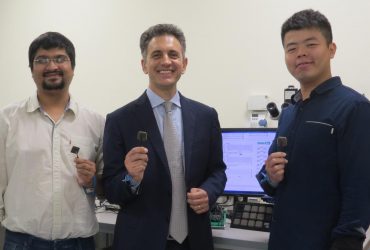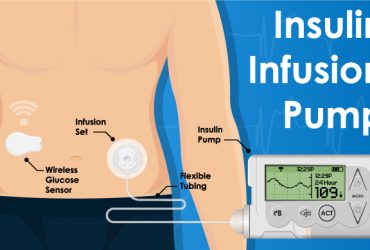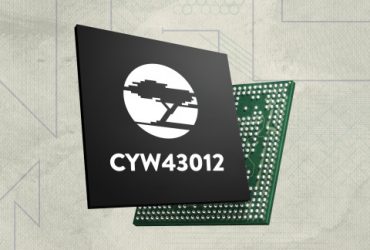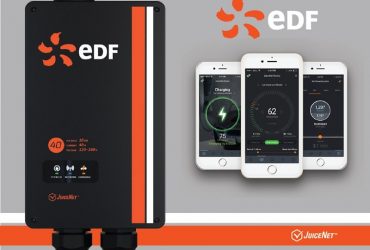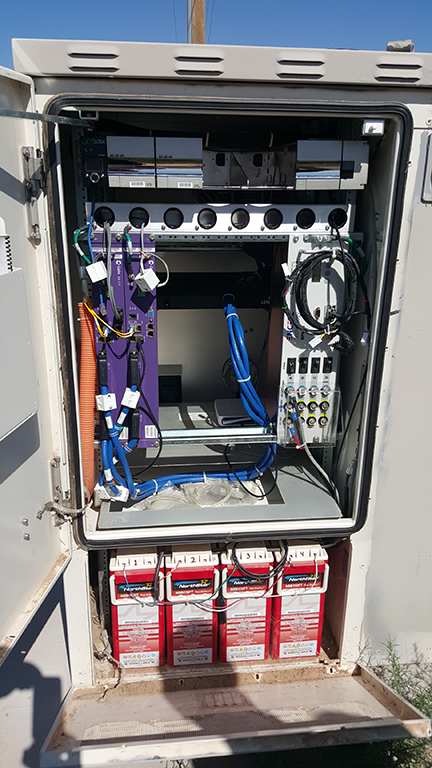Tag: IoT
New Technology Enables Next-Gen Portable Battery Operated IOT Devices
Commentary contributed by Anton Beck, Battery Product Manager, Epec Engineered Technologies
February 1, 2018 | The Internet of Things, or IoT, is a buzzword of sorts. However, it is one that describes devices, appliances, vehicles and other products that are network connected so that they can exchange data with one another or with a central communications device. Some common devices include smart thermostats, wearable step counters, and certain wireless home speaker systems. Each “thing” operates independently, such as a garage door opener which works to open and close the garage door–however, it also interoperates with the Internet infrastructure, such as by this same opening device allowing you to control the opening and closing from miles away instead of using the standard opener from the end of your driveway. According to IHS Markit, experts estimate that the Internet of Things will include around 30.7 billion objects by the year 2020. Read more about New Technology Enables Next-Gen Portable Battery Operated IOT Devices …
Ossia Debuts Cota ‘Forever Battery’
Cypress Enables Next-Generation Portable and Battery-Operated IoT Devices
eMotorWerks Partners with EDF in Expansion of Internet of Things Electric Vehicle Charging Technology
Adaptive Charging: Extending Battery Life and Reducing Costs in Mission Critical Telecommunications Standby Systems
Alex Rawitz, Business Development Manager, Servato
The accelerating growth of Internet of Things (IoT) devices and applications require continuous investment in telecommunications networks to provide the connectivity for millions of new devices. As more devices connect to the Internet, service outages become more impactful to the people and businesses that rely on IoT applications. Safeguarding telecom networks from power outages is the Valve Regulated Lead Acid (VRLA) battery. Stationary VRLAs are ubiquitously used at broadband, wireless and cable sites, and millions are in service across the country. Unfortunately, almost all of these batteries, and thus the sites that depend on them, are vulnerable to a reliability-damaging standard: float charging. While float charging will maintain batteries at full charge, it can have a damaging impact on the service life of the battery, which introduces risk and increases maintenance costs. There is a better way to charge batteries, Adaptive Charging, that mitigates the degrading effects of float charge, extending battery life and reducing maintenance costs. Read more about Adaptive Charging: Extending Battery Life and Reducing Costs in Mission Critical Telecommunications Standby Systems …





